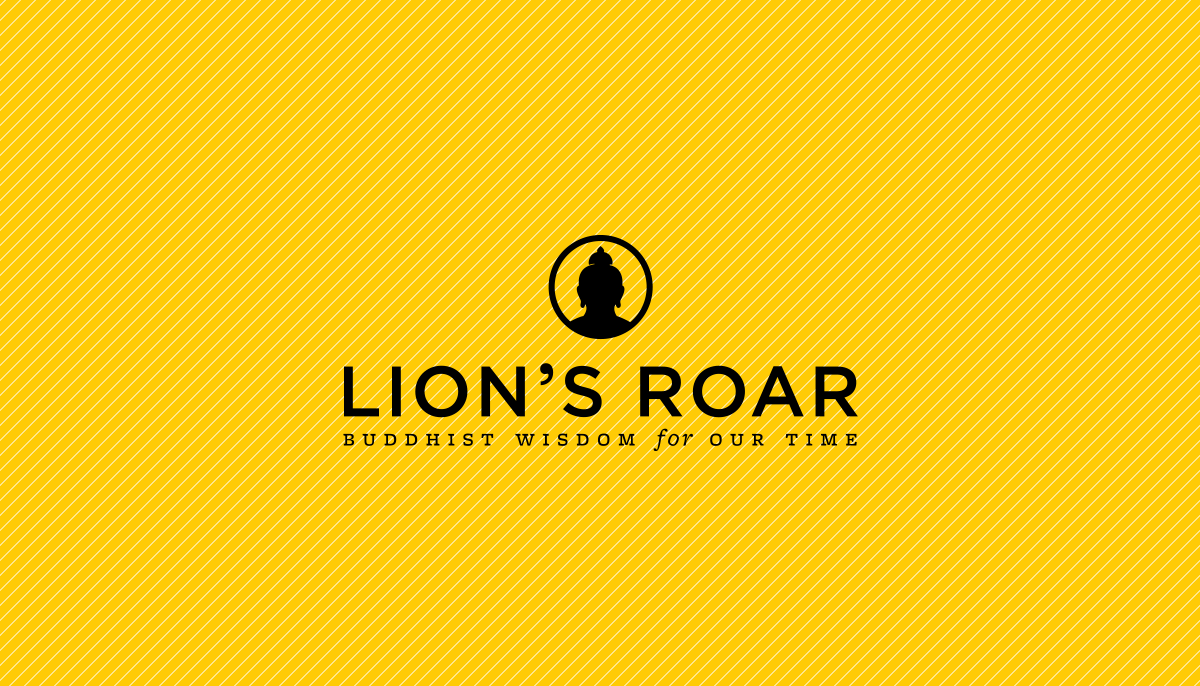“It may seem strange to style Kurt Vonnegut, the child of a family of German Freethinkers suspicious of religion and mysticism, as a Buddhist bodhisattva,” writes Greg Sumner, “but that is how I came to see him as I walked through his novels and absorbed their hard-won wisdom and good humor.”
In the course of writing Unstuck in Time, my book about Kurt Vonnegut, I fell in love with a phrase he invoked from time to time in speeches and interviews, something he remembered hearing his Uncle Alex say during pleasant moments when he was growing up, even during the discouraging days of the Great Depression. Noticing birdsong in the early spring, or the blueness of the summer skies over Indianapolis while drinking lemonade in the shade of an oak tree, Alex, a Harvard-educated insurance agent, seemingly the most conventional and ordinary of Midwestern men, would bookmark the experience by saying aloud, for all to hear: “If this isn’t nice, I don’t know what is.”
It struck me as an unintentional Buddhist mantra, and, as my puzzled and possibly annoyed friends can attest, I now use it as a kind of gratitude practice. When things at work go unexpectedly smoothly, or nature reveals itself in a particularly benign way, or I observe people — maybe even me, on occasion — being helpful to others, without expectation of a reward, I quote the homey but profound words of Kurt’s uncle:
If this isn’t nice, I don’t know what is.
It may seem strange to style Kurt Vonnegut, the child of a family of German Freethinkers suspicious of religion and mysticism, as a Buddhist bodhisattva, but that is how I came to see him as I walked through his novels and absorbed their hard-won wisdom and good humor. Vonnegut did not join a neighborhood sangha, and I am sure he never did a prostration. He did try meditation once with the Beatles’ Maharishi Mahesh Yogi in the early 1970s, but, as he recounted in an essay called “Yes, We Have No Nirvanas,” it didn’t do much beyond making him sleepy. Yet he invoked meditation imagery to describe one of his favorite pastimes, the act of reading, an endeavor demanding a special quality of concentration in which we could meld our consciousness with the most sensitive minds of the past and present—no electricity, no enhancements or expensive special effects needed. In the collection Bogambo Snuff Box he recalled the magazine short stories that cheered him up when he came home from school as a teenager as “Buddhist cat naps,” taking him outside his ruminations and insecurities, bringing a dose of spaciousness and inner calm with which he could face the challenges of another day.
I see Buddhist themes running throughout Vonnegut’s books. There is the stubborn assertion that human awareness is sacred, the only thing we really have, even in dreadful circumstances (the firebombing of Dresden during World War II, for example, which he survived, by sheer chance, and then wrote about, in his masterwork Slaughterhouse-Five). There is the rebellion against the stories we play out in our big brains all the time, the self-aggrandizing dramas and narratives that keep us distracted from what is right in front of us. Vonnegut shakes us out of our stories with sci-fi conceits like the “chrono-synclastic infundibula” of Sirens of Titan, areas of deep space where “there are many ways of being right,” and the Tralfamadorian concept of being “unstuck in time” from Slaughterhouse, the extragalactic insight (available to Earthlings too) that all moments exist simultaneously and last forever. And then there is the celebration of small acts of kindness, generosity, courage and grace that Vonnegut considered the essence of being a human being, in a world of tragic suffering. The message is that we should keep our egos in check, embrace love in whatever forms it can be expressed, and strive to pay attention and not take the miraculous beauty of existence for granted — all hallowed guiding principles in Buddhism.
So the next time you experience something that makes you glad to be alive, feel free to think of Kurt’s beloved Uncle Alex, and utter the unpretentious mantra he used say to acknowledge the richness that surrounds us, if we are only open to it. Offer it as a gesture of thanks:
If this isn’t nice, I don’t know what is.
